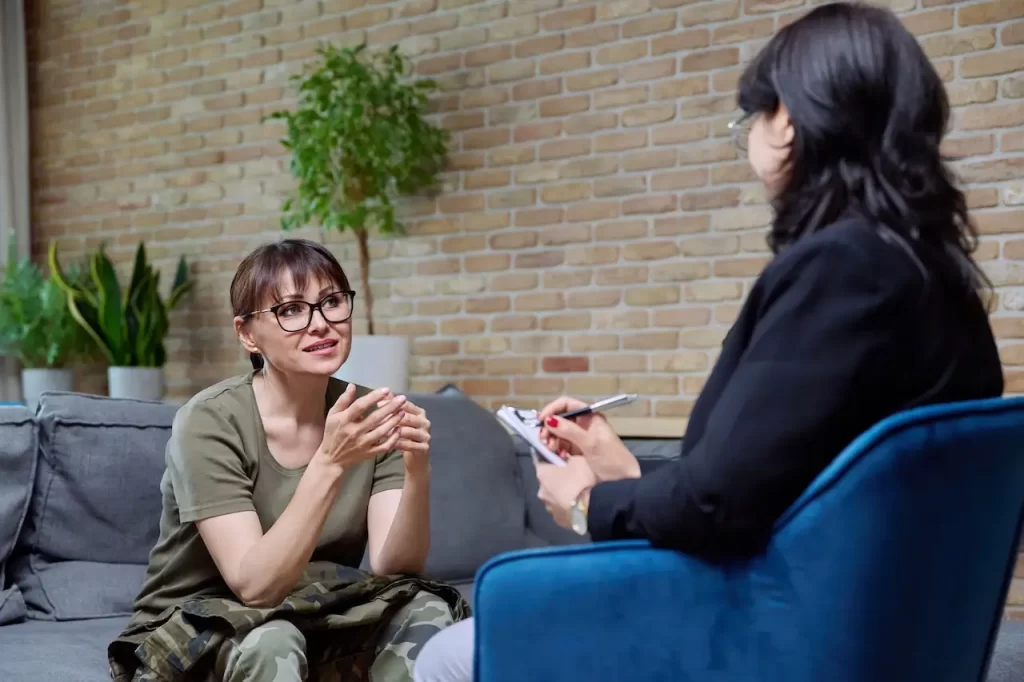Counselling

What is Counselling?
Counselling is a collaborative and supportive process designed to help individuals navigate challenges, discover insights, and foster personal growth. Whether you’re dealing with stress, grief, trauma, or seeking clarity in your life, counseling offers a safe space to explore your thoughts, emotions, and experiences.
Our approach to counseling integrates emotional, cognitive, and somatic techniques, tailored to meet your unique needs and goals.
Our Counselling Philosophy
We believe in a holistic approach to well-being, addressing the connection between the mind, body, and emotions. Our goal is to provide a compassionate, non-judgmental environment where you feel safe, seen, and supported.
Our principles include:
- Cultivating self-awareness and self-compassion.
- Encouraging curiosity about your experiences.
- Developing tools to navigate life’s challenges.
- Building resilience and inner trust.
Who Can Benefit From Counselling?
Counselling isn’t just for those experiencing a crisis or living with a diagnosed mental health condition—it’s for anyone who is looking for support with life’s challenges or seeking growth and clarity. Whether you’re navigating a difficult moment, pursuing personal development, or simply needing someone to talk to, counselling can provide a safe, supportive space to explore your experiences.

Counselling can support individuals experiencing:
- Stress or overwhelm in daily life.
- Anxiety or depression that feels hard to manage.
- Relationship challenges or struggles with connection.
- Life transitions or career changes that feel uncertain.
- Trauma or unresolved emotional pain impacting your well-being.
- A desire for personal growth and clarity as you explore your goals, values, or identity.
Our Approach
Each counselling session is customized to your unique needs, incorporating evidence-based techniques, including:
- Cognitive Behavioral Therapy (CBT).
- Mindfulness-Based Stress Reduction & Awareness Techniques
- Somatic Awareness and Regulation Techniques.
- Narrative Therapy.
- Parts Therapy.
- Trauma Integration & Processing
- Self-care Resources and Support
- Life Skills & Coaching
We aim to empower you with practical tools and insights to create positive, lasting changes in your life.
What to Expect in the First Session
It all starts with an initial discovery call—a chance for us to ask questions, get to know each other, and see if we’re a good fit. You’ll have the opportunity to share what’s going on, ask about the process, and decide if counselling feels right for you.
After the discovery call, if the decision is made to proceed with counselling sessions, the first session focuses on deepening the therapeutic relationship and setting the foundation for our work together.
The session includes:
- Administrative Steps: Completing and reviewing necessary forms and discussing the benefits, risks, and expectations of counselling.
- Understanding the Process: Exploring what counselling involves, the principles of confidentiality, and how the counsellor and client will interact.
- Background Review: Together, we’ll go through a trauma-informed form that covers various aspects of your current life and background. This process helps the counsellor gain a broad understanding of your experiences, including your challenges and strengths. You have full agency to decide how much or little information to share, and you can also complete the form at home beforehand if preferred.
- Goal Setting: Reviewing your goals for counseling and discussing the supports you currently have in place or may need.
- Open Dialogue: There will be plenty of time to ask questions, address any concerns, and begin building trust and rapport.
The first session is an opportunity to gain a deeper understanding of the counselling process while creating a supportive and collaborative foundation for your journey.
Frequently Asked Questions
What issues can counselling help with?
Counselling provides support for a wide range of challenges, whether you’re seeking relief from emotional pain, navigating life changes, or striving for personal growth. Here are some of the areas counselling can help with:
- Emotional Well-Being: Managing stress, overwhelm, anxiety, depression, or feelings of guilt and shame.
- Life Transitions: Navigating changes such as career shifts, moving, retirement, or adjusting to parenthood.
- Relationships: Strengthening communication, rebuilding trust, resolving conflicts, co-parenting, or enhancing intimacy.
- Trauma and Loss: Healing from trauma, abuse, grief, or unresolved childhood experiences.
- Self-Growth and Identity: Exploring your sense of self, building confidence, and developing resilience.
- Work and Daily Life: Addressing workplace stress, burnout, financial challenges, or balancing caregiving roles.
- Mindfulness and Coping: Learning mindfulness techniques, relaxation skills, and strategies for managing fears, procrastination, or perfectionism.
- Health and Wellness: Supporting chronic illness or pain, postpartum mental health, or building self-care routines.
- Purpose and Meaning: Exploring life purpose, spiritual or existential questions, and finding clarity in times of uncertainty.
Life can feel overwhelming at times, leaving you unsure where to turn or how to move forward. Many people reach out when they’ve exhausted their usual ways of coping.
Counselling might be the right step if:
- You’re feeling stuck and need objective guidance to navigate a tough decision or life transition.
- Stress or worry is taking over, interfering with your ability to relax, focus, or sleep.
- Your relationships feel strained, and you struggle to communicate or connect.
- You’re navigating grief, trauma, or a big life change, and need support to process and heal.
- You feel unmotivated or overwhelmed, and the things you used to enjoy no longer bring you joy.
Sometimes it’s hard to know when to ask for help. A free counselling discovery call provides an opportunity to check in, ask questions, and learn more about how counselling can support your unique challenges and concerns. This is also a chance to learn about the counsellor’s techniques and approach to determine if their therapeutic style aligns with the support you’re seeking. Counsellors are as unique as the clients they serve, and there is no obligation to proceed after a discovery call. You may choose to do a number of discovery calls before selecting the counsellor that feels right for you.
What are your fees and policies?
Payment for all counselling or coaching services is due at the time of service, unless otherwise arranged in advance. Fees for services will be discussed prior to beginning sessions.
Payment can be made via credit card, or electronic transfer. Billing is confidential and can be done through Jane Payments with consent for credit card to be held on file. All payment and financial information will be kept confidential in accordance with professional and ethical standards.
Please note, counselling services may be accepted by Insurance Companies, but this is determined by the Insurance Company.
